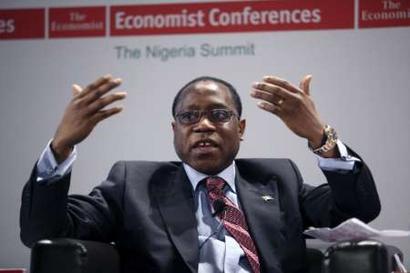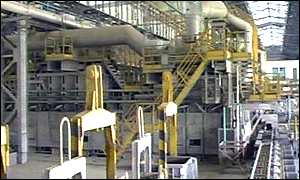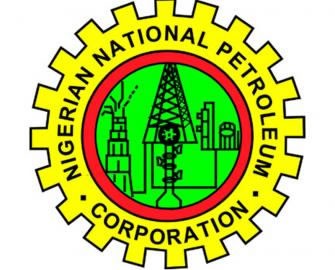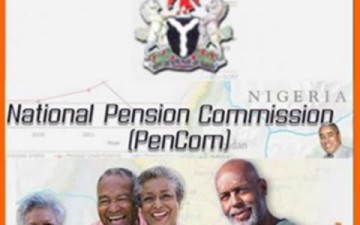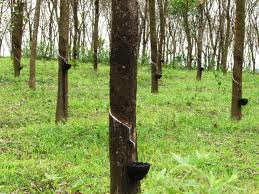
Sarsoli
Industries, Nigeria’s representative at the world plastic fair in Germany, has
reiterated its commitment towards boosting investment in the industry.
The company, which
just returned from the biggest plastic and rubber industry trade fair in
Dusseldorf, Germany, said its participation had positioned the country for
bigger economic benefits from prospective investors.
A statement by the
plastic manufacturing company on Friday, noted that the firm was the first
exhibitor to display Nigerian manufactured products at the global fair.
The Managing
Director, Sarsoli, Jai Changrani, was
quoted as saying that the company’s stand at the fair was a beehive of
activities as many investors came to ask questions on how they could start
businesses in Nigeria.
He called on the
government to support the Nigerian plastic industry by discouraging imports on
plastic master batches and fillers with high import duty, adding, “We also
expect the government to support exports by fast tracking the incentives and
grants.”
The statement
added that the company’s future plan was to serve the West African market and
Latin America
